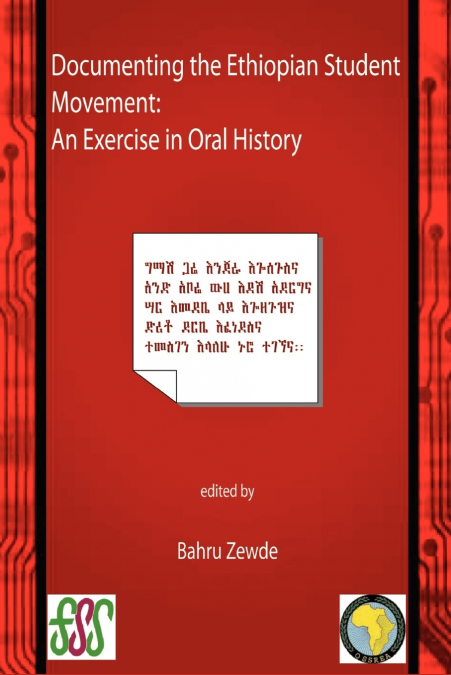
Bahru Zewde
The place of intellectuals (in the broad sense of the educated elite) in society has varied in place and time. The higher the level of industrial development, the less influence they seem to exercise. Thus, while intellectuals may be sought as advisors and members of think tanks in the so-called First World, they are rarely seen exercising direct state power. The situation is different in the so called Third World, notably Africa. The educated elite has historically seemed destined - by social ascription or self-arrogation - to play a central role in the exercise of state power. In Africa alone, the first generation of post-independence rulers - Kwame Nkrumah of Ghana, Léopold Sedar Senghor of Senegal, Julius Nyerere of Tanzania - provides us with ample evidence to appreciate this reality. In Ethiopia, too, intellectuals have played a role and exercised an influence disproportionate to their size. This can be divided broadly into two phases, with the Italian Occupation (1936-1941) forming an important watershed between them.The pre-war intellectuals were preoccupied with a whole gamut of concerns ranging from educational development to fiscal reform. They had an essentially reformist agenda.The Fascist Italian invasion and the subsequent occupation not only terminated their careers but also - through its merciless policy of liquidation of the educated elite - created a gap in intellectual activity in the immediate post - Liberation years. The second period of intellectual intervention could thus begin only in the late 1950s. It revolved mainly around Ethiopian students (mostly at the tertiary level at the initial stage), both at home and abroad. This eventually evolved into what came to be known as the Ethiopian Student Movement. The movement could be said to have gone through three successive stages: self-awareness, reformism, revolutionary commitment. There is general agreement that the year 1965, when students came out onto the streets with the slogan of 'Land to the Tiller', marked the beginning of the third stage. It is this third stage that is the focal point of this study. For it constitutes the crucial period that forms both the backdrop and the essence of the changes that have come to affect fundamentally the Ethiopian state and society - changes that are yet far from over.